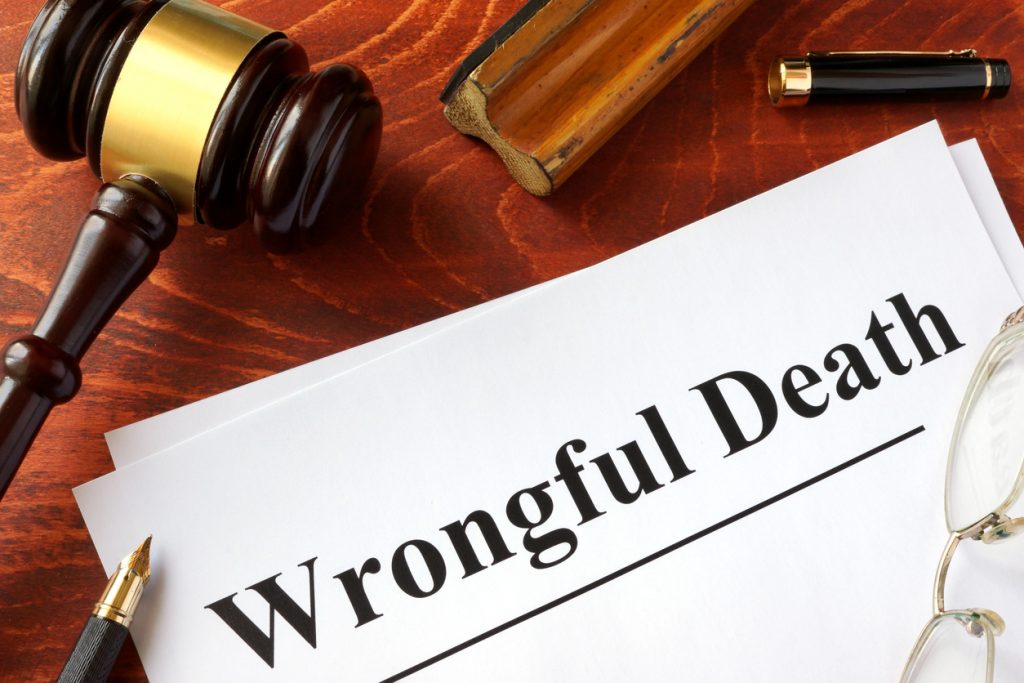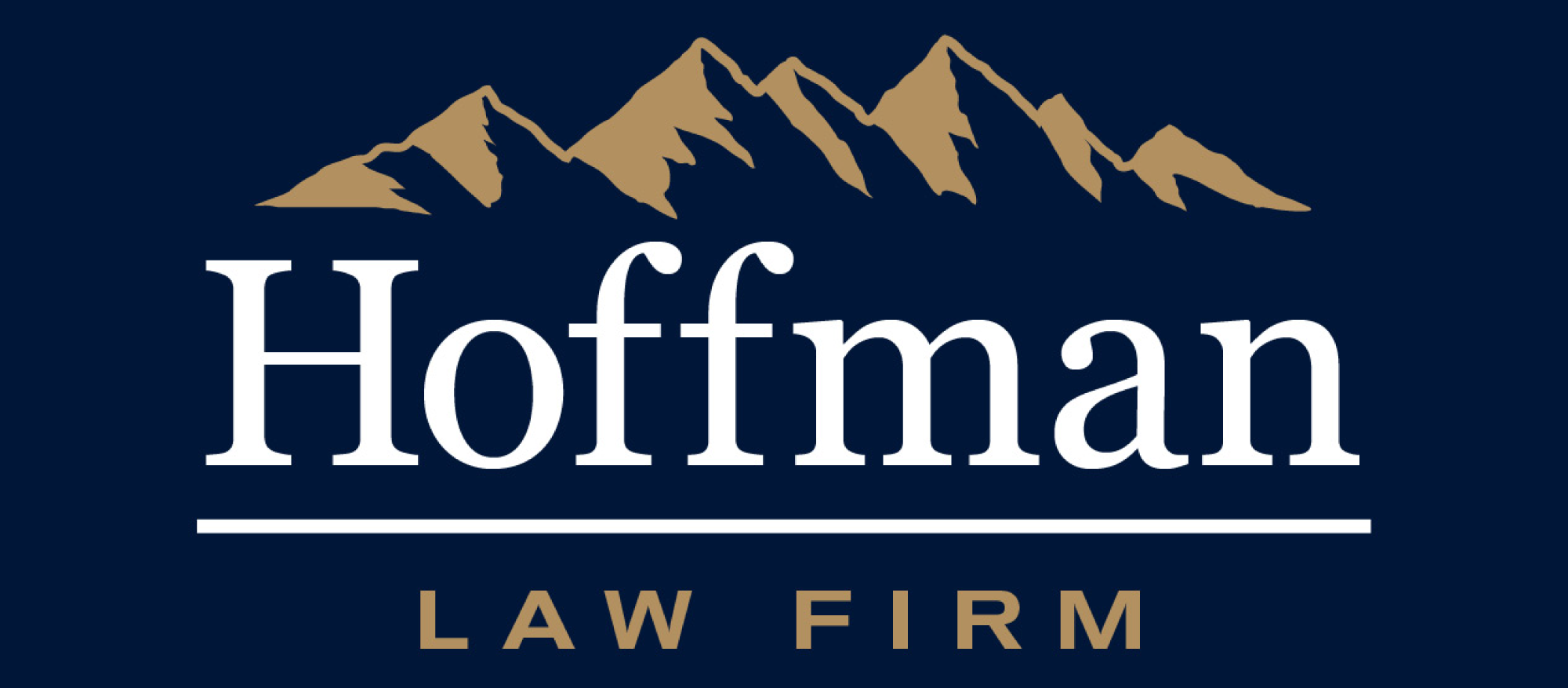What is Wrongful Death in Colorado?

Wrongful death is a complex and emotionally charged legal area, particularly under Colorado law. Learn about what constitutes wrongful death, the legal framework surrounding it in Colorado, and the steps families should consider if they find themselves navigating this difficult journey.
What is Wrongful Death?
At its core, wrongful death in Colorado refers to a death that occurs due to the negligent, reckless, or intentional actions of another person or entity. These cases often arise from car accidents, medical malpractice, workplace incidents, and other situations where duty of care was breached. Colorado Wrongful death laws are designed to provide a legal recourse for the surviving family members or beneficiaries of the deceased individual to seek compensation for their losses resulting from the death.
Establishing Wrongful Death in Colorado
To establish a wrongful death claim in Colorado, certain elements must be proven, such as:
Negligence or Wrongful Act:
The death must have resulted from the negligent, reckless, or intentional actions of another party.
Causation:
It must be demonstrated that the negligent or wrongful actions directly caused the death.
Surviving Family Members:
There must be surviving family members or beneficiaries who have suffered losses as a result of the death.
Legal Framework in Colorado
Wrongful death claims in Colorado are governed by statutes outlined in the Colorado Revised Statutes (C.R.S.) Title 13, Article 21. These laws specify who can file a wrongful death claim, the types of damages that can be recovered, and the time limits for filing a claim. Also, the Colorado Court of Appeals and Colorado Supreme Court have a sizable amount of case law that pertain to Colorado wrongful death claims.
Who Can File a Wrongful Death Claim?
Under Colorado law, the right to bring a wrongful death action is specifically defined by statute (Colorado Revised Statutes, Title 13, Article 21). The law outlines a specific order of priority for individuals who are eligible to bring a wrongful death claim. Here’s an explanation of who can bring a wrongful death action in Colorado:
Spouse of the Deceased:
The surviving spouse of the deceased individual has the primary right to bring a wrongful death action in Colorado. If there is a surviving spouse, they are typically the first individuals entitled to pursue legal action for wrongful death.
Children of the Deceased:
If there is no surviving spouse, or if the surviving spouse chooses not to bring a wrongful death claim, the right to bring the action passes to the surviving children of the deceased. This includes both biological and adopted children.
Parents of the Deceased:
If there are no surviving spouses or children, or if they choose not to bring a wrongful death claim, the right to bring the action then passes to the surviving parents of the deceased. This includes biological and adoptive parents.
Designated Beneficiary:
If there are no surviving spouses, children, or parents, the right to bring a wrongful death action may pass to a designated beneficiary if the deceased individual has made a valid designation in writing before their death.
Personal Representative of the Estate:
If there are no surviving spouse, children, parents, or designated beneficiary, the personal representative of the deceased individual’s estate may bring a wrongful death action on behalf of the estate and any heirs.
It’s important to note that only one wrongful death action can be brought for the same death, regardless of the number of eligible claimants. Additionally, if multiple eligible claimants exist, they may need to coordinate and potentially join together in a single action or agree on the distribution of any damages awarded.
Types of Damages
In a wrongful death case, damages serve several critical purposes, all aimed at providing compensation to the surviving family members for the losses they have suffered as a result of the death of their loved one. In Colorado, the damages that can be recovered in a wrongful death claim typically include:
Economic Damages:
One of the primary purposes of damages in a wrongful death case is to compensate the surviving family members for the financial losses incurred as a result of the death. These financial losses may include:
- Medical expenses incurred before the death;
- Funeral and burial expenses
- Loss of financial support: This encompasses the income, benefits, and other financial contributions that the deceased would have provided to their family members had they survived. This can include lost wages, retirement benefits, insurance benefits, and other sources of income.
- Loss of services: This includes the value of household services, childcare, and other contributions that the deceased would have provided to their family members.
Non-Economic Damages:
Damages in a wrongful death case also aim to compensate the surviving family members for the non-economic losses they have suffered, which are more intangible. These may include:
- Loss of companionship: The emotional bond and companionship that the deceased provided to their family members.
- Loss of consortium: The loss of the spousal relationship, including companionship, affection, emotional support, and intimacy.
- Loss of parental guidance: For cases involving the death of a parent, damages may be awarded to compensate for the loss of guidance, nurturing, and parental care that the deceased would have provided to their children.
- Pain and suffering: Compensation may be awarded for the emotional pain, suffering, and mental anguish endured by the surviving family members as a result of the death.
Punitive Damages:
In cases involving particularly egregious conduct or wrongful acts, damages may also serve the purpose of deterrence and punishment. Punitive damages may be awarded in addition to compensatory damages to punish the wrongdoer and deter similar conduct in the future. Punitive damages are intended to send a message that such behavior will not be tolerated and to discourage others from engaging in similar misconduct.
Statute of Limitations
The statute of limitations serves as a fundamental legal principle in the justice system, setting forth the maximum period within which legal proceedings must be initiated after a particular event or cause of action occurs.
Promoting Fairness and Finality:
One of the primary purposes of a statute of limitations is to promote fairness and finality in legal proceedings. It ensures that legal actions are brought within a reasonable timeframe, preventing the indefinite delay of litigation and allowing parties to resolve disputes promptly. By imposing a deadline for initiating legal proceedings, the statute of limitations helps prevent stale claims, faded memories, and the loss or destruction of evidence that could compromise the fairness of the legal process.
Protecting Defendants:
The statute of limitations also serves to protect defendants from the threat of stale claims and undue litigation. By providing defendants with certainty regarding the timeframe within which they may be held liable for their actions, the statute of limitations promotes legal stability and allows individuals and businesses to plan and conduct their affairs without the perpetual fear of facing lawsuits from past events.
Preserving Judicial Efficiency:
Another purpose of the statute of limitations is to preserve judicial efficiency and resources. By requiring parties to bring legal actions within a specified timeframe, the statute of limitations helps prevent the clogging of court dockets with old or dormant cases. This ensures that limited judicial resources are allocated effectively and that courts can prioritize current and timely disputes.
Encouraging Prompt Resolution:
The statute of limitations encourages prompt resolution of disputes by incentivizing parties to pursue legal remedies in a timely manner. Knowing that there is a deadline for initiating legal action, plaintiffs are encouraged to diligently investigate their claims, gather evidence, and pursue litigation in a timely fashion. This promotes efficiency in the legal process and helps prevent unnecessary delays in resolving disputes.
Protecting Evidence and Witnesses:
Imposing a deadline for initiating legal proceedings helps protect the integrity of evidence and the availability of witnesses. By requiring parties to bring claims within a reasonable timeframe, the statute of limitations reduces the risk of evidence becoming lost, destroyed, or otherwise compromised over time. It also ensures that witnesses’ memories remain fresh and accessible, facilitating the fair and accurate resolution of disputes.
Timing is critical in wrongful death lawsuits. Colorado imposes a statute of limitations, which is a window of time within which a lawsuit must be filed. Typically, the statute of limitations for wrongful death cases is two years from the date of death, although there may be exceptions depending on the circumstances.
Navigating the Legal Process
The process of pursuing a wrongful death claim in Colorado involves several steps, from gathering evidence to prove negligence, to understanding the full scope of damages suffered. Given the complexities involved, it’s highly advisable to seek the guidance of an experienced wrongful death attorney who can navigate the legal system, advocate on your behalf, and aim to secure fair compensation.
Wrongful death claims in Colorado are not only legal challenges but emotional journeys for the families involved. While no amount of compensation can replace a loved one, pursuing a wrongful death claim can provide a sense of justice and financial support during a difficult time. If you find yourself in this situation, remember the importance of timely action, the specificity of Colorado law, and the value of expert legal advice.
For families navigating the aftermath of a wrongful death, understanding your rights and the legal avenues available is the first step towards seeking justice. While the road may be challenging, it’s a path towards closure and accountability.
